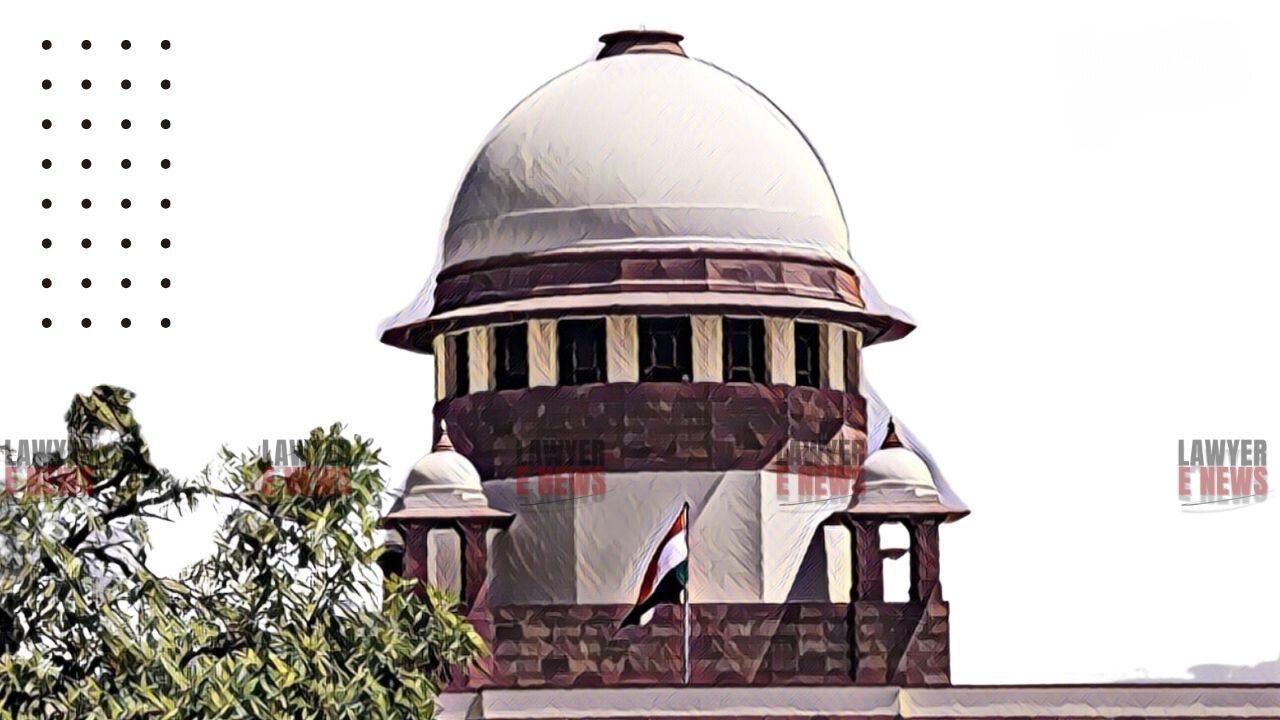-
by sayum
14 February 2026 2:22 PM



High Court Erred in Blocking Fresh Inquiry Despite Serious Charges, Rules Supreme Court. On October 22, 2024, the Supreme Court of India, in UT of Jammu and Kashmir & Others v. Fayaz Ahmad Lone (Civil Appeal No. 2150/2024), delivered a nuanced judgment allowing the appellants to resume disciplinary proceedings against the respondent from where they had been vitiated. The bench, comprising Justice Dipankar Datta and Justice Prashant Kumar Mishra, ruled that the High Court erred in denying the Union Territory of Jammu and Kashmir the liberty to conduct a fresh inquiry, as the charges against the respondent involved serious allegations of government ration misappropriation.
Fayaz Ahmad Lone, a storekeeper in the Food, Civil Supplies & Consumer Affairs Department, was implicated in a 2017 case of ration misappropriation involving food grains dispatched by the Food Corporation of India (FCI) to Kashmir. The Central Bureau of Investigation (CBI) charged him with failing to account for rations during his tenure at the Kulangam Grainery, Kupwara, resulting in allegations of collusion and unlawful pecuniary gains. After departmental proceedings, Lone was dismissed from service in December 2020. The Central Administrative Tribunal (CAT), however, found procedural irregularities in the inquiry and set aside the dismissal, allowing for the resumption of proceedings. The High Court upheld CAT’s decision but barred further disciplinary action.
Procedural Irregularities and Natural Justice: The Supreme Court upheld CAT's finding that the disciplinary proceedings were vitiated due to procedural lapses, particularly the breach of natural justice and failure to grant Lone an adequate defense opportunity. The judgment reiterated:
"Departure from prescribed procedures can invalidate proceedings but does not preclude a fresh inquiry if the charges are serious."
Fresh Inquiry Justified by the Gravity of Charges: The Court emphasized the serious nature of the allegations against Lone, including misappropriation of government property and collusion with FCI officials. Citing Chairman, LIC of India & Ors. v. A. Masilamani, the bench noted:
"The court must examine the magnitude of misconduct alleged before denying the opportunity for a renewed inquiry."
Non-Payment of Subsistence Allowance: The respondent argued that his defense was prejudiced due to non-payment of subsistence allowance during his suspension period. While acknowledging that non-payment could vitiate proceedings, the Court clarified:
"Non-payment alone does not render proceedings void unless specific prejudice is shown, as held in Indra Bhanu Gaur v. M.M. Degree College."
The Supreme Court set aside the High Court’s restriction on a fresh inquiry and issued detailed directives to ensure procedural fairness and timely completion:
Reinstatement for Inquiry Purposes Only: Lone is to be reinstated solely for conducting the inquiry and placed under suspension.
Subsistence Allowance: The appellants must pay the subsistence allowance with 6% interest for the previous suspension period and half-salary for the period following dismissal until reinstatement.
Time-Bound Process: The disciplinary inquiry is to resume within 30 days and be concluded within six months.
The Supreme Court partially allowed the appeal, reinforcing that while procedural fairness is paramount, serious allegations must be examined through a proper inquiry. The ruling underscores the balance between protecting an employee’s rights and ensuring accountability in public service.
Date of Decision: October 22, 2024
UT of Jammu and Kashmir & Others v. Fayaz Ahmad Lone
